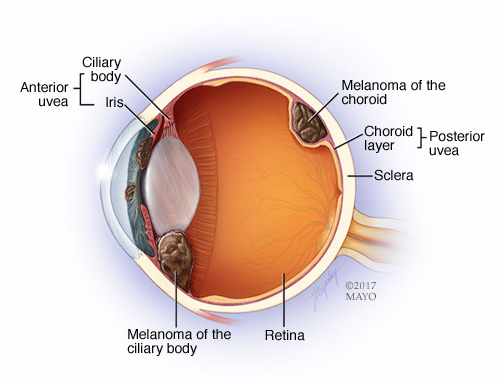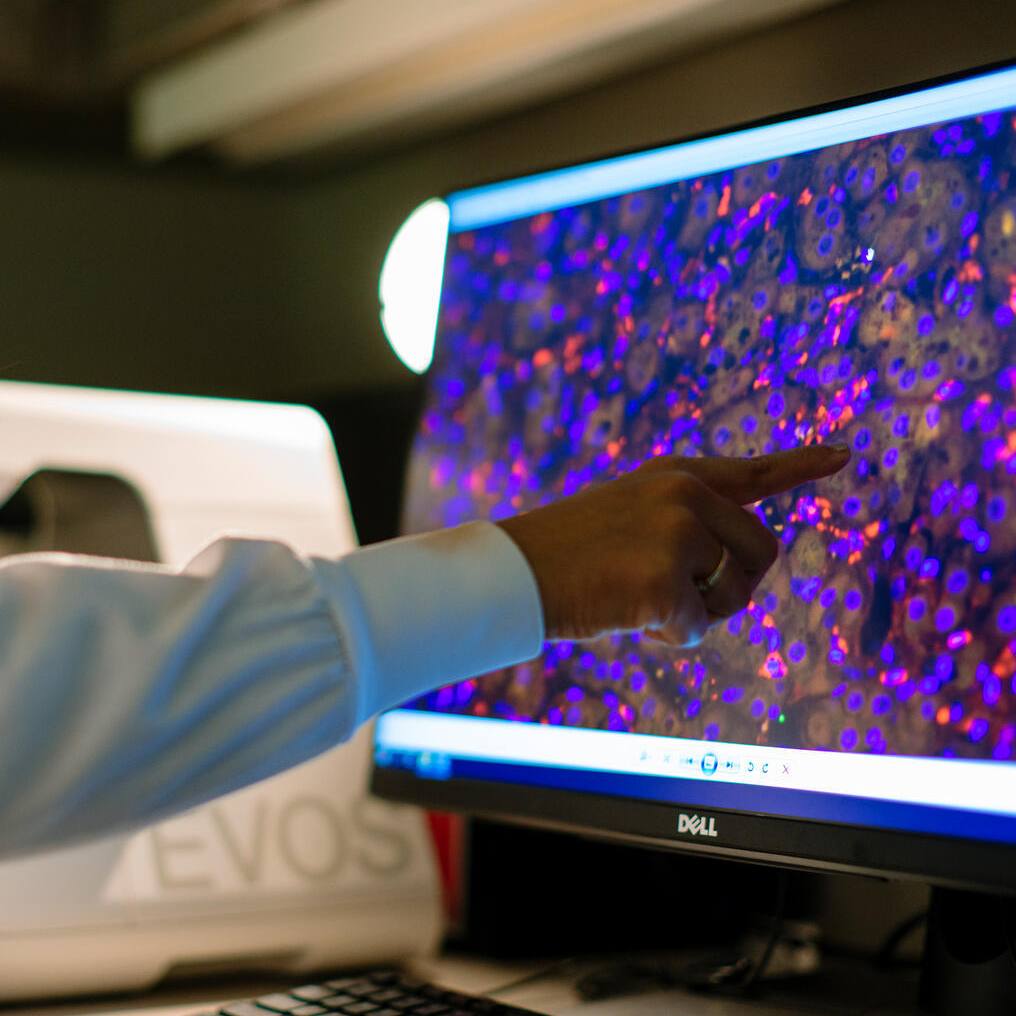-
People with Parkinson’s should be monitored for melanoma, and vice versa, Mayo study finds
ROCHESTER, Minn. — People with the movement disorder Parkinson’s disease have a much higher risk of the skin cancer melanoma, and vice versa, a Mayo Clinic study finds. While further research is needed into the connection, physicians treating one disease should be vigilant for signs of the other and counsel those patients about risk, the authors say. The findings are published in Mayo Clinic Proceedings.
Overall, patients with Parkinson’s were roughly four times likelier to have had a history of melanoma than those without Parkinson’s, and people with melanoma had a fourfold higher risk of developing Parkinson’s, the research found.
Medical experts have speculated about the relationship between Parkinson’s and melanoma for decades, with varying conclusions, the Mayo researchers note. Several studies have suggested levodopa, a drug for Parkinson’s, may be implicated in malignant melanoma, but others have found an association between the two diseases regardless of levodopa treatment, they add.
“Future research should focus on identifying common genes, immune responses and environmental exposures that may link these two diseases,” says first author Lauren Dalvin, M.D., a Mayo Foundation Scholar in Ocular Oncology. “If we can pinpoint the cause of the association between Parkinson’s disease and melanoma, we will be better able to counsel patients and families about their risk of developing one disease in the setting of the other."
The Mayo study used the Rochester Epidemiology Project medical records database to identify all neurologist-confirmed Parkinson’s cases from January 1976 through December 2013 among Olmsted County, Minn., residents. The study examined the prevalence of melanoma in those 974 patients compared with 2,922 residents without Parkinson’s. They also identified 1,544 cases of melanoma over that period and determined the 35-year risk of Parkinson’s in those patients compared with the risk in the same number of people without melanoma.
The results support an association between Parkinson’s disease and melanoma, but argue against levodopa as the cause, the researchers conclude. It is likelier that common environmental, genetic or immune system abnormalities underlie both conditions in patients who have both, but more research is needed to confirm that and refine screening recommendations, they say.
In the meantime, patients with one of the two diseases should be monitored for the other to help achieve early diagnosis and treatment, and they should be educated about the risk of developing the other illness, the researchers say.
The study’s senior author is Jose Pulido, M.D., an ophthalmologist at Mayo Clinic in Rochester, Minnesota, who treats eye melanoma.
The Rochester Epidemiology Project is funded by National Institute on Aging grant R01-AG034676. Dr. Pulido received grants from the VitreoRetinal Surgery Foundation; Research to Prevent Blindness; Paul Family and Deshong Family; Dr. Dalvin received a grant from the VitreoRetinal Surgery Foundation.
###
About Mayo Clinic Proceedings
Mayo Clinic Proceedings is a monthly peer-reviewed medical journal that publishes original articles and reviews dealing with clinical and laboratory medicine, clinical research, basic science research and clinical epidemiology. Mayo Clinic Proceedings is sponsored by the Mayo Foundation for Medical Education and Research as part of its commitment to physician education. It publishes submissions from authors worldwide. The journal has been published for more than 80 years and has a circulation of 130,000. Articles are available online at www.mayoclinicproceedings.org.
About Mayo Clinic
Mayo Clinic is a nonprofit organization committed to clinical practice, education and research, providing expert, whole-person care to everyone who needs healing. For more information, visit mayoclinic.org/about-mayo-clinic or newsnetwork.mayoclinic.org.
MEDIA CONTACT
Sharon Theimer, Mayo Clinic Public Affairs, 507-284-5005, newsbureau@mayo.edu








